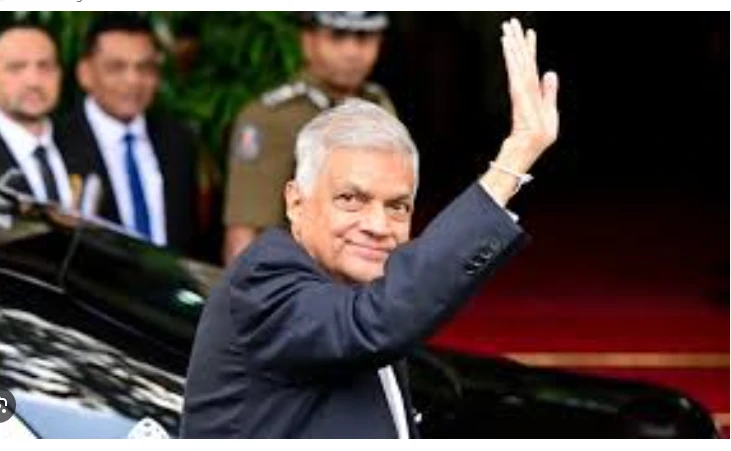Sri Lanka president faces tough challengers in elections

Stay tuned with 24 News HD Android App

Sri Lankan President Ranil Wickremesinghe faces 38 challengers in polls next month, the election commission said Thursday after nominations closed, with ally-turned-rival Sajith Premadasa leading the pack.
It will be the first vote since Wickremesinghe took over two years ago after protesters furious at an unprecedented financial crisis toppled strongman president Gotabaya Rajapaksa, and the economy remains at the forefront.
Wickremesinghe, 75, faces a daunting challenge from 57-year-old career politician Premadasa, the parliamentary leader of the opposition, as well as leftist leader Anura Kumara Dissanayaka, 55, whose National People's Power (NPP) coalition is popular among the young.
But what started as a three-way battle became more complicated last week when the influential Rajapaksa family withdrew crucial support for Wickremesinghe in place of one of their own -- Namal Rajapaksa.
The 38-year-old is a member of parliament and son of Mahinda Rajapaksa, a former president and prime minister, and brother of Gotabaya.
Wickremesinghe has shed his right-wing United National Party (UNP) and presented himself as an independent candidate hoping for broader support.
- Record number of runners -
The South Asian majority Buddhist island nation of around 22 million people will vote on September 21.
A record 39 candidates have entered the fray, two more than in 2019, but none are women, Election Commission chairman R.M.A.L. Rathnayake said.
Many are viewed as proxies of key parties, who use the airtime allocated to them on national radio to campaign.
They include two Buddhist monks, one calling for the legalisation of cannabis and a ban on birth control.
"Please ensure you are within the law," Rathnayake said in a televised address, warning candidates to follow election rules.
"Don't influence public officers to any illegal activity to help your campaigns."
Election law violations are common in Sri Lanka, but prosecutions are rare.
More than 17 million are eligible to cast a ballot, results are expected within a day of voting, and the new president must be sworn in within two weeks.
- Austerity appeal -
The last presidential polls, in November 2019, were won by Gotabaya Rajapaksa, a former army colonel described as a "terminator" by his family, but who was forced out in 2022 after months of protests over his mishandling of the economy.
At that point, six-time prime minister Wickremesinghe was in political oblivion as the lone lawmaker from his party in the 225-member parliament.
But as politicians with more clout turned down requests to steer the country out of its worst economic meltdown, Wickremesinghe volunteered.
Since taking over, Wickremesinghe has negotiated a $2.9 billion bailout loan from the IMF, doubled personal taxes, frozen state employment, and cut energy subsidies.
Despite the unpopular moves, he has managed to restore supplies of essentials, eliminate electricity blackouts and reopen the South Asian island nation for tourism.
He wants another term to continue austerity.
The economy recorded 5.6 per cent growth in the first quarter of this year, compared to a record contraction of 7.8 per cent in 2022 when he took over.
The IMF earlier this month said reform policies are "yielding commendable outcomes".
Both Premadasa and Dissanayaka have said they will press ahead with the IMF bailout programme, but reduce personal taxes and review privatisation -- seemingly popular moves with the 17.1 million electorate.
